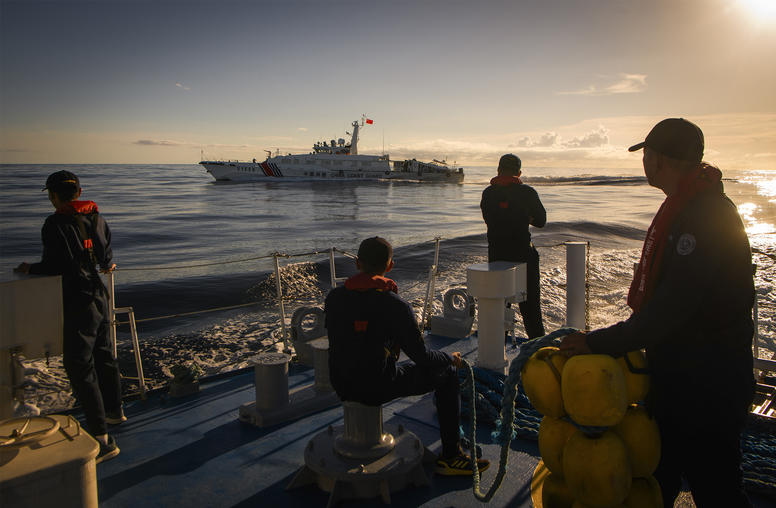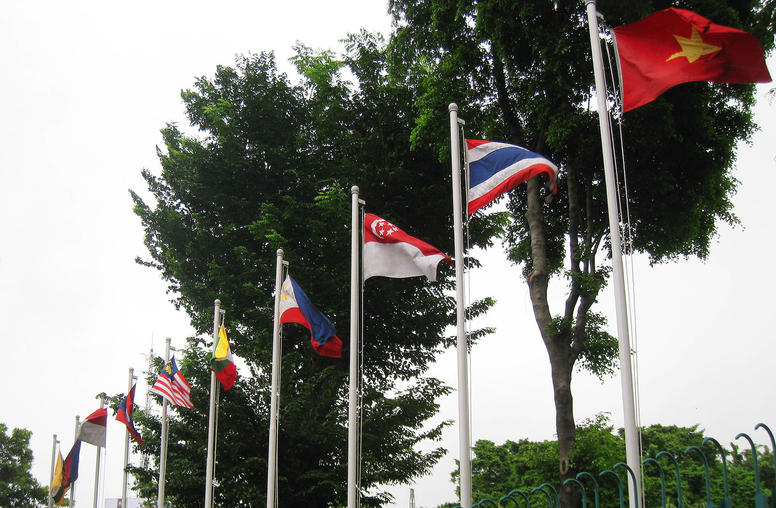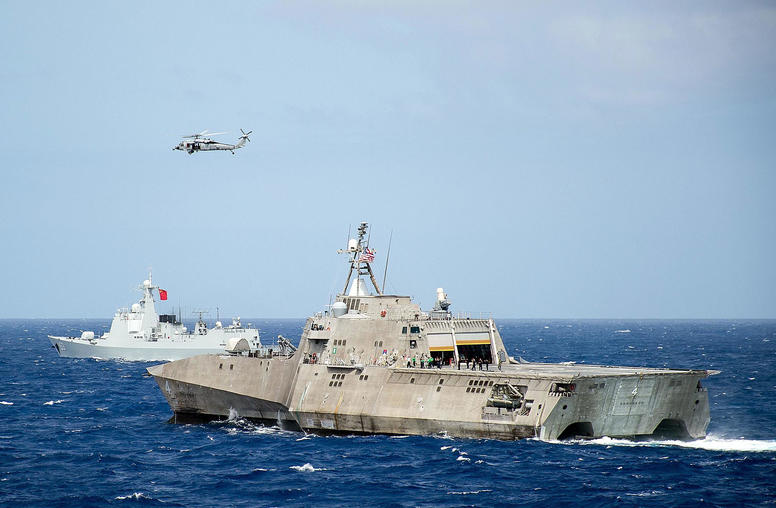 China
China
Against the backdrop of a shifting international order and the resurgence of strategic competition among powerful states, USIP’s work on China has two primary objectives: averting crisis or conflict between the United States and China and mitigating the potential for violence in countries and regions where China is extending its influence.
Learn more in USIP’s fact sheet on The Current Situation in China.
Featured Publications

Huawei’s Expansion in Latin America and the Caribbean: Views from the Region
Since its founding in Shenzhen, China, in 1987, Huawei has grown into one of the world’s major information and communications technology companies, but its ties to China’s government and military have been regarded by US officials as a potential risk to national security. Latin American and Caribbean countries, however, have embraced the company for the economic and technological benefits it provides. This report explains the stark contrast between Huawei’s standing in the United States and its neighbors to the south.

The Indo-Pacific’s Newest Minilateral Emerges
Last week, Philippines President Ferdinand Marcos Jr. stepped foot in the Oval Office for the second time in a year. Joining Marcos this time was Japanese Prime Minister Fumio Kishida, the leader of the United States’ most important ally in Asia and, arguably, the world. The Philippines has long been among a second rung of regional allies, so this first-ever trilateral summit marks Manila’s entrance as a leading U.S. ally working to maintain order and prevent Chinese revisionism in East Asia.

China’s Alternative Approach to Security Along the Mekong River
Speaking about “the rise” or the “emerging role” of the People’s Republic of China (PRC) makes little sense these days. The country is no longer simply transforming in a major power, but rather has achieved a level of influence that many other major countries around the world perceive as a threat economically, politically and militarily.
Current Projects

Tracking China’s Global Security Initiative
China’s ongoing push to change the international security order entered a new phase with the launch of the Global Security Initiative (GSI) in April 2022. The GSI promotes a set of distinct security concepts and principles — many of which reflect Beijing’s longstanding international normative preferences, such an emphasis on territorial sovereignty and noninterference. USIP is tracking how the GSI is being operationalized by China, with an initial focus on essay series examining China’s GSI activities in ASEAN and Central Asia.

Southeast Asia in a World of Strategic Competition: An Essay Series
Great power rivalry between the United States and China is frequently described in bilateral terms, with regions of the world — including Southeast Asia — merely serving as arenas of competition. But this framing ignores the agency of third countries in managing the risks and opportunities presented by this competition. To explore these countries’ agency and the corresponding policy options, this USIP essays series includes contributions from 10 Southeast Asia-based experts. Each essay provides one country’s perspective on how the members of the Association of Southeast Asian Nations (ASEAN) perceive and respond to strategic competition between the United States and China.

Crisis Communications with China in the Indo-Pacific
In today’s era of strategic competition between the United States and China, crises are more likely than ever in the Indo-Pacific region. Effective mechanisms are therefore needed to prevent such crises from escalating into armed conflict. To this end, USIP is examining crisis communication mechanisms and negotiations between China and its regional neighbors to identify common issues and themes across countries to provide lessons that can be learned and shared.